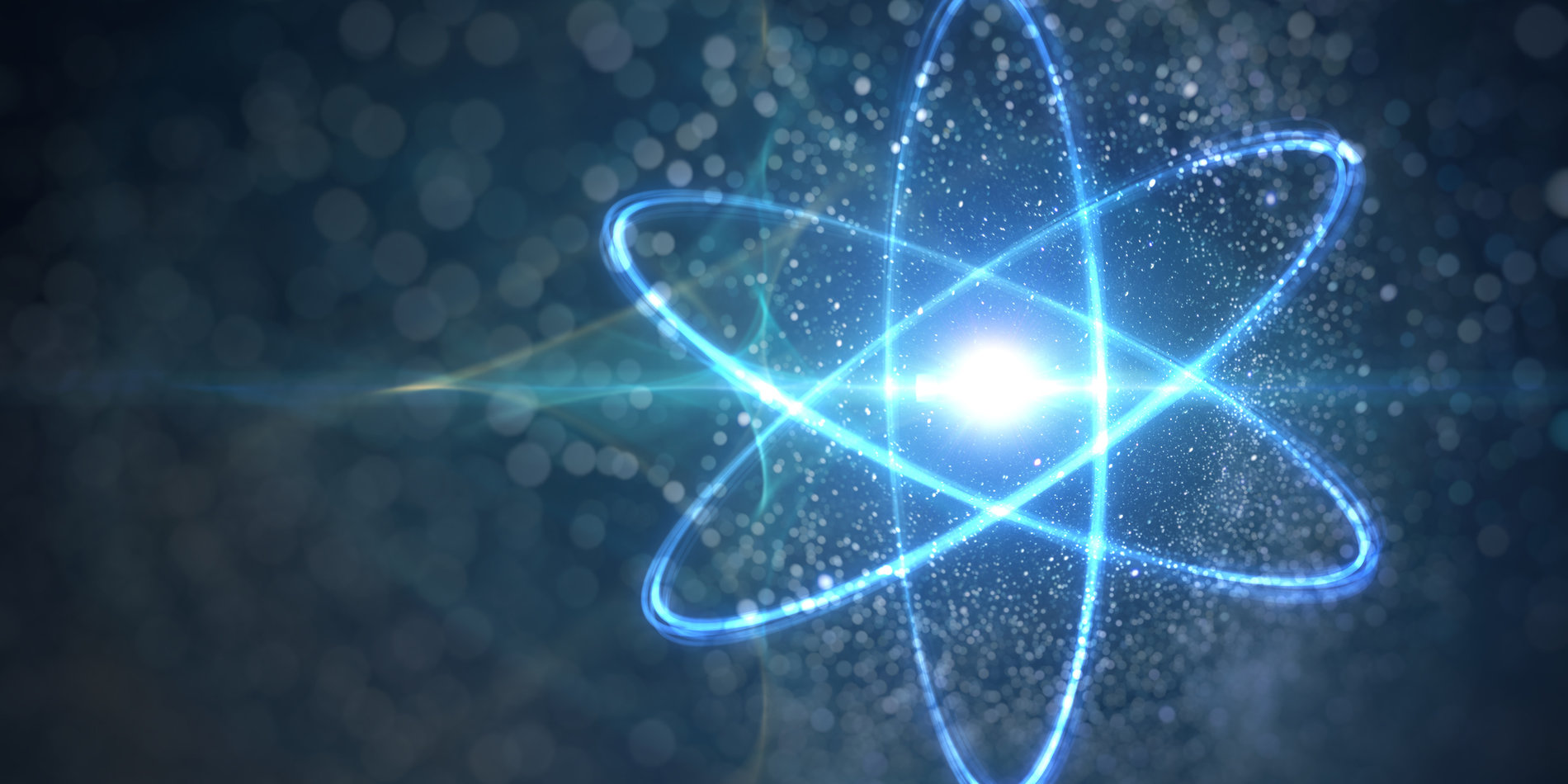Introduction: What if your thoughts are magic spells?
Have you ever wondered that the thoughts swirling in your mind aren’t just random ideas, but something much more powerful? Quantum physics says that everything around us—from trees and cars to your emotions—is energy. Even your thoughts! What if they could change your life? Imagine: you’re thinking about your dream job and suddenly—bam!—you get an offer. Or before an exam you keep repeating, “I will pass,” and you actually do. Sounds like magic, but science says it could be reality. In this article, we’ll dive into the world of quantum physics and consciousness, explore how your thoughts affect you and your life, and even try out a few tricks. Ready to break stereotypes and discover that your mind might just be a magic wand?
The Basics of Quantum Physics: Everything is energy—even you!
Let’s start with quantum physics—a science that sounds like it’s from a sci-fi movie but is very real. Back in 1900, Max Planck, a serious German physicist, came up with the idea that energy isn’t continuous but comes in tiny packets called quanta. It was like a bomb in the scientific world! Later, another genius, David Bohm, proposed the idea that the universe is one big hologram. What does that mean? That everything is connected: your thoughts, your body, even that tree outside your window—they’re all part of a single field of energy vibrating at specific frequencies.
And now for the most fascinating part—the observer effect. Quantum physics says that when you observe something, it changes. For example, the famous double-slit experiment showed that electrons—tiny particles—behave differently when observed. When not observed, they act like waves; when observed, they become particles. So does your gaze change reality? A 2023 study in Physical Review Letters confirmed that the observer effect even applies during quantum entanglement—particles far apart influence each other depending on how they’re measured. That means your consciousness—your thoughts—aren’t just spinning around in your head. They affect the world around you. Isn’t it strange to think your mind is like a remote control for the universe?
The Power of Consciousness: Your thoughts are your strength
So if everything is energy, and your thoughts are too, what can they actually do? This is where consciousness comes in—your ability to be aware of what you’re thinking and to direct those thoughts where you want. Consciousness isn’t just about meditating with your eyes closed, trying not to think about tomorrow’s to-do list. It’s your power to control your thoughts and turn them into a tool.
Science says that meditation and mindfulness change your brain—and that’s not just pretty words. Research on neuroplasticity shows that the brain can rewire itself based on your experiences. A 2021 study in the Journal of Neuroscience found that 8 weeks of daily meditation increased gray matter density in areas of the brain related to emotions and focus. That means if you meditate and focus on positive things, your brain physically changes—becoming calmer and more focused.
But it’s not just the brain that changes—your thoughts also affect your energy field. Quantum physics proponents like David Bohm say that thoughts have a vibration that interacts with the universe’s energy. A 2023 study in the Journal of Biophotonics showed that human cells emit biophotons—light quanta that can be influenced by emotions and thoughts. If you think about fear, your energy becomes chaotic; if you think about love or peace, it becomes harmonious. This means your thoughts are like a radio station sending a signal to the universe. What you broadcast is what you get back.
A Practical Example: Visualization as your path to success
So how does all this science work in real life? Let’s take a simple example—you’re preparing for an exam. You think, “I won’t pass, I don’t understand anything.” What are you doing? Sending a negative signal—your brain gets stressed, cortisol levels rise, and it really does become harder to study. A 2024 study in Psychoneuroendocrinology found that stress reduced memory retention in 20% of participants. But let’s try a different approach: close your eyes, breathe deeply, and visualize yourself answering all the questions, getting a good grade, celebrating. This is called visualization—and it works!
A 2019 study in NeuroImage showed that visualization activates the same brain regions as actually performing the action. Athletes use this constantly—they imagine winning competitions, and their bodies “train” without physical effort. The same goes for exams: if you spend 5 minutes a day visualizing success, your brain starts believing it’s real. Plus, your positive thoughts send out harmonious energy—according to quantum physics, you’re “attracting” success. I did this before my driving test: I visualized myself driving calmly—and guess what? I passed on the first try! It’s not magic—it’s the power of your thoughts, backed by science.
Another tool is affirmations. Repeat to yourself: “I am calm, I am ready, I can do this.” A 2023 study in Frontiers in Psychology found that positive affirmations reduced anxiety by 25% in participants over 4 weeks, because they change neural connections in the brain. Your thoughts become a bridge between you and your goal—and that bridge works!
Scientific Skepticism: Why we don’t fully understand it yet
But hold on—if it’s all so simple, why doesn’t science explain everything yet? Skeptics ask, “If thoughts change reality, why can’t I think of a million dollars and get it?” And they’re right—science doesn’t have all the answers yet. For example, gravity existed for millions of years, but it wasn’t described until Newton in the 17th century. Does that mean gravity didn’t exist before then? No—it just wasn’t understood. The same goes for quantum physics and consciousness: we’re only beginning to understand how it all works.
A 2024 study in the Journal of Consciousness Studies showed that consciousness may influence subtle energy levels, but science can’t yet measure this precisely. For instance, the observer effect in quantum physics works, but why and how—it’s still unclear. Also, the placebo effect—when people recover simply because they believe they’re taking medicine—works in 30–40% of cases, as shown in a 2023 Journal of Psychosomatic Research study. That shows our belief, our thoughts, have power, but science doesn’t yet have all the tools to explain it. As physicist Richard Feynman said: “It is better to have questions that can’t be answered than answers that can’t be questioned.” So maybe it’s worth experimenting ourselves?
Conclusion: Your thoughts are your power—so what will you do with it?
So what have we learned? Quantum physics says that everything is energy—even your thoughts. They vibrate, interact with the universe, and can change your reality. Consciousness is your tool to control them: meditation, visualization, and affirmations reshape your brain, your energy, and even your life. Yes, science doesn’t explain everything yet, but do you need to wait for it to prove everything? Gravity worked before Newton, and your thoughts are already working now.
Imagine: your mind is like a radio station. What are you broadcasting—fear, doubt, or joy and success? Your thoughts are the energy you send to the world, and it responds in kind. So what will you do? Maybe start with a small experiment—when you wake up tomorrow, tell yourself: “This day will be amazing.” And see what happens. Your power lies in your thoughts. So how will you use them?
Sources and Recommended Reading
- 2023, Physical Review Letters: Study on the observer effect in quantum entanglement.
- 2021, Journal of Neuroscience: Effects of meditation on brain neuroplasticity.
- 2023, Journal of Biophotonics: Study on biophoton emission.
- 2024, Psychoneuroendocrinology: Study on stress and learning.
- 2019, NeuroImage: Effects of visualization on brain activity.
- 2023, Frontiers in Psychology: Effects of affirmations on anxiety.
- 2024, Journal of Consciousness Studies: Study on consciousness and subtle energy.
- 2023, Journal of Psychosomatic Research: Study on the placebo effect.
- Dispenza, J. (2012). Breaking the Habit of Being Yourself.
- Lipton, B. H. (2005). The Biology of Belief.
- Bohm, D. (1980). Wholeness and the Implicate Order.
- Talbot, M. (1991). The Holographic Universe.
- Oschman, J. L. (2015). Energy Medicine: The Scientific Basis.




